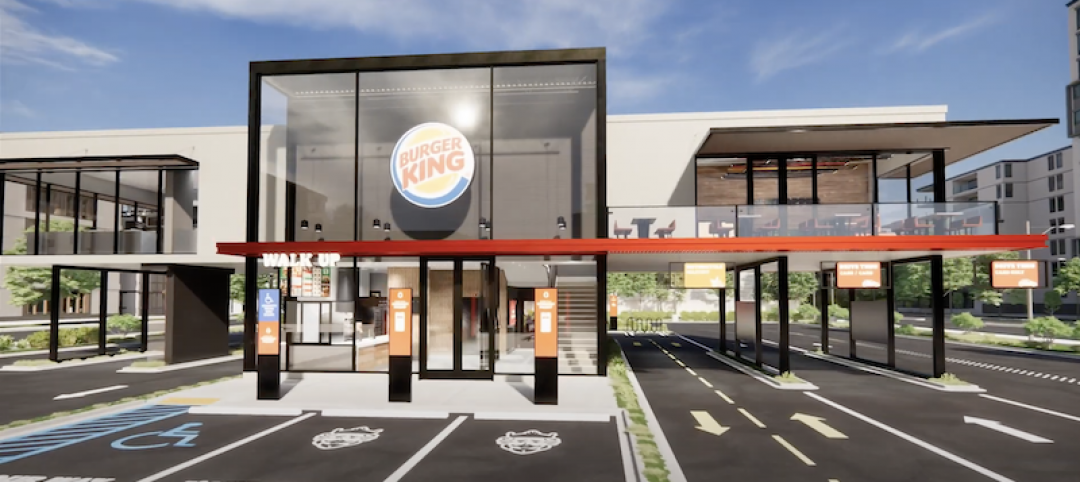International property and construction consultancy firm Rider Levett Bucknall (RLB) has released its latest Crane Index for North America. The report, compiled with information gathered from three sources—a one-day physical count of fixed-tower cranes on city skylines, a survey of RLB experts on the ground in each location, and interviews with local crane suppliers—provides a simplified measure of the construction industry in 14 key markets.
“The coronavirus (COVID-19) pandemic has had a sudden and ongoing effect on the economy,” said Julian Anderson, FRICS, President of RLB North America. “We expect, given the impact the virus is having on financial markets, that there is a good chance it will trigger a recession, which will eventually drive construction costs down as contractors, subcontractors, and suppliers compete to win the reduced number of projects in development.”
Crane Index market notes
- Toronto continues to be home to the majority of total cranes counted (27%), followed by Los Angeles (10%)
- For the third consecutive count, Seattle experienced a decrease in its crane total, down 20% from the previous Index
- Cities seeing an increase in cranes include Calgary, Chicago, Denver, Honolulu, Phoenix, San Francisco, and Toronto
- Cities with a decrease in cranes include Las Vegas and Seattle
- Cities having steady crane counts include Boston, Los Angeles, New York City, Portland, and Washington D.C.
Crane Index sector notes
- Residential and mixed-use projects combined account for 70% of all cranes counted
- Cranes dedicated to healthcare projects drop 33% from previous counts
- Hospitality projects experience a nationwide decrease in active cranes of 50%
Read the complete Crane Index here.
Related Stories
Coronavirus | Sep 28, 2020
Cities to boost spending on green initiatives after the pandemic
More bikeways, car restrictions, mass transit, climate resilience are on tap.
Coronavirus | Sep 28, 2020
Evaluating and investing resources to navigate past the COVID-19 pandemic
As AEC firm leaders consider worst-case scenarios and explore possible solutions to surmount them, they learn to become nimble, quick, and ready to pivot as circumstances demand.
Coronavirus | Sep 24, 2020
The Weekly show: Building optimization tech, the future of smart cities, and storm shelter design
The September 24 episode of BD+C's "The Weekly" is available for viewing on demand.
Coronavirus | Sep 10, 2020
Mobile ordering is a centerpiece of Burger King’s new design
Its reimagined restaurants are 60% smaller, with several pickup options.
Coronavirus | Sep 9, 2020
Prefab: Construction’s secret weapon against COVID-19
How to know if offsite production is right for your project.
Coronavirus | Sep 3, 2020
The Weekly show: JLL's construction outlook for 2020, and COVID-19's impact on sustainability
The September 3 episode of BD+C's "The Weekly" is available for viewing on demand.
Coronavirus | Sep 1, 2020
6 must reads for the AEC industry today: September 1, 2020
Co-working developers pivot to survive the pandemic, and the rise of inquiry-based learning in K-12 communities.
Coronavirus | Aug 28, 2020
7 must reads for the AEC industry today: August 28, 2020
Hotel occupancy likely to dip by 29%, and pandemic helps cannabis industry gain firmer footing.
Coronavirus | Aug 27, 2020
8 must reads for the AEC industry today: August 27, 2020
Extended-stay hotels are the lodging sector's safest bet, and industrial real estate faces short-term decline.
Coronavirus | Aug 25, 2020
Co-living firm Common issues RFP for the future home office and work hub
Common, the U.S.’s largest co-living company, recently released an RFP for a “Remote Work Hub” to blend work and life from the ground up.

















